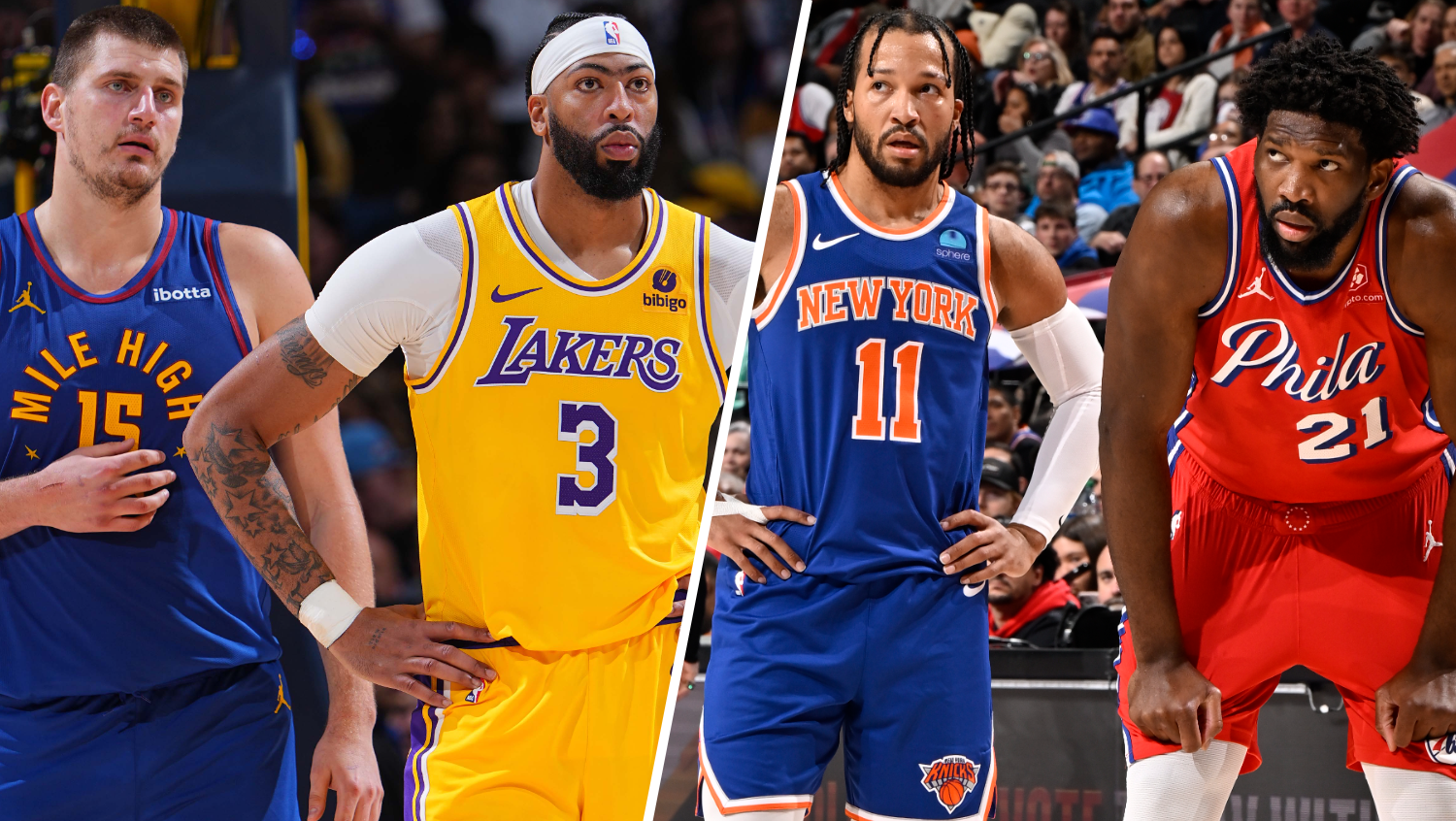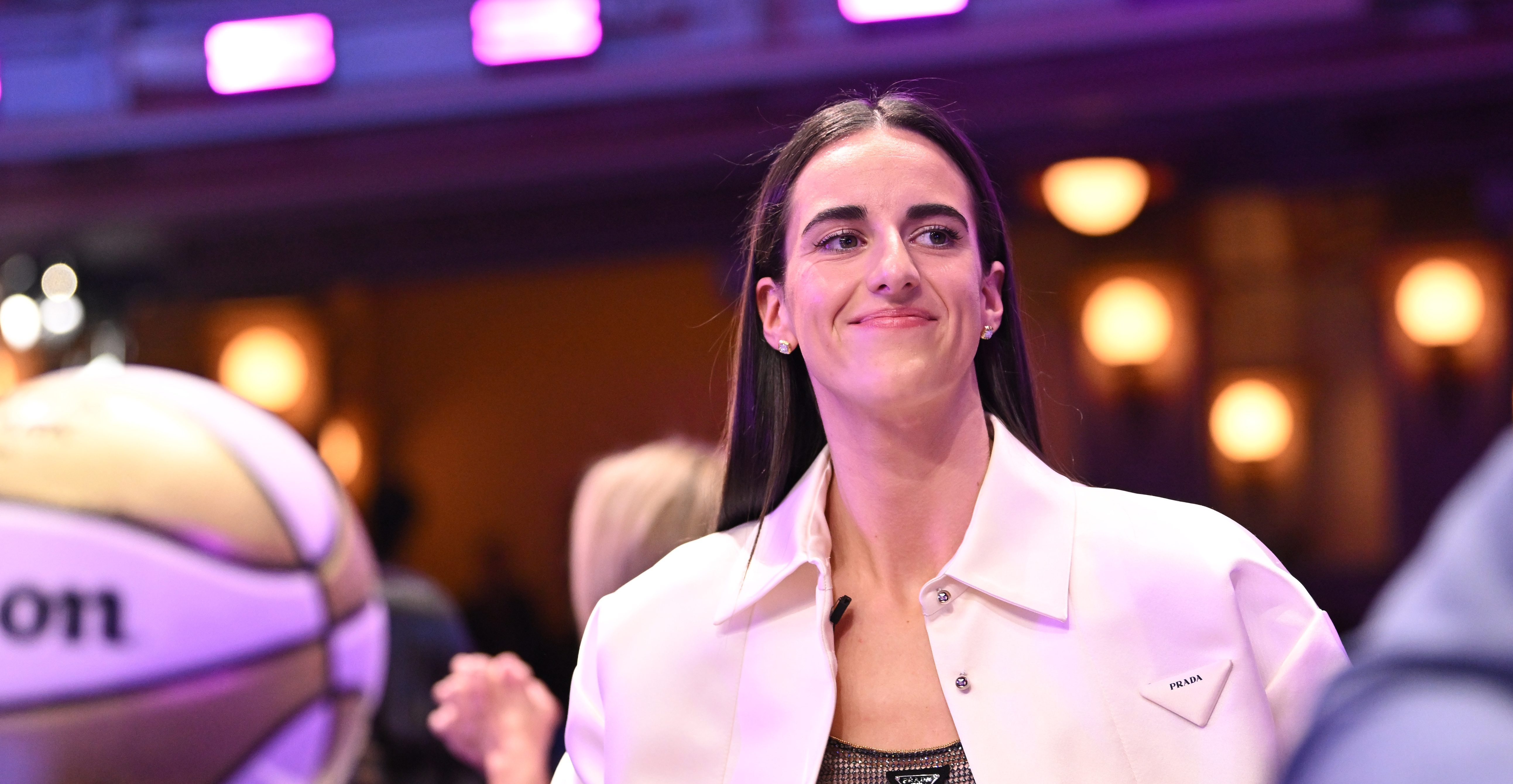Smiling, he rises from his chair. His hair is gray and his legs are creaky, but there's no mistaking it.
It's Don Meredith.
"Hello, hello!" the supposedly reclusive ex-Cowboys quarterback bellows to his invited guest, a reporter no less.
So many questions beg, but Meredith, 71, just wants to be himself. Share witticisms. Croon country tunes. Raise his Snapple to offer a, well, colorful toast.
Football doesn't enter the banter until Meredith is told of an anniversary. On Nov. 28, 1959, he signed a personal services contract to play for a proposed NFL team that had no nickname, no coach and no other players.
From this seed sprouted the Dallas Cowboys.
"Son of a gun," Meredith chuckles. "I didn't know what 50 years felt like, but now I do."
Sports Connection
Connecting you to your favorite North Texas sports teams as well as sports news around the globe.
In that other lifetime he was "Dandy Don," the captivating SMU All-American from nearby Mount Vernon. He led the Cowboys to the 1966 and 1967 NFL Championship games, then rather inexplicably retired in 1969, at age 31.
Next he was "Monday Night Football's" "Irrepressible One," as boothmate Howard Cosell called him. Millions tuned in to hear Meredith needle Cosell, rhapsodize about parents Jeff and Hazel and Mount Vernon and belt "The Party's Over."
But after the 1984 season, he virtually vanished to Santa Fe and semi-retirement with his wife, Susan. He since has given few interviews, adding mystery and intrigue to an already compelling Texas folk tale.
But for Don and Susan, now married 37 years, the mystery is why anyone would begrudge them a normal life after Don's high-profile careers.
"After he retired from 'Monday Night,' we took up tennis and golf, maybe watched a few Super Bowls because we had parties," Susan says. "Football kind of went away.
Ex-teammates don't seem surprised. Meredith was the guy who sang in huddles, read Hemingway, shot mid-70s in golf and strummed and sipped with Willie Nelson.
Over the decades, teammates grew used to his sporadic attendance at alumni functions, but his most recent absence was conspicuous. Meredith was the only living Ring of Honor member unable to attend the Sept. 20 christening of Cowboys Stadium.
He has emphysema. Oxygen therapy makes it difficult to leave home, so he sits in his den, conquering backgammon challengers. On this day he tests his visitor by playing a country song on his laptop.
"Know who that is?"
Who?
"That's Jeff and Hazel's baby boy."
The tune is "Travelin' Man," one of two that Meredith recorded in 1965. Laughing, he taps his feet and sings duet with his 27-year-old self.
Joseph Donald Meredith's adventurous path traces to April 10, 1938, the day he was born in Mount Vernon, 100 miles northeast of Dallas.
At 2,700, the town's population has doubled since Joe Don and older brother Billy Jack starred for the Tigers in the '50s. Hazel died in 1988, Jeff in 1991, but the family presence remains.
"Don Meredith Boyhood Home" reads a curbside sign at 616 S. Kaufman, where Hazel swung a tire from a pecan tree so her boys could hone their passing.
Town square fixture Meredith Dry Goods was where Jeff perched 6-year-old Don near the door and taught him to greet every customer by name.
Two billboards direct Interstate 30 motorists to the Don Meredith Exhibit, in the former fire station. The museum's 2006 opening coincided with Don's 50th high school reunion.
"He sat here on a tall stool for a good two hours, signing autographs," Mayor J.D. Baumgardner says. "Had 'em three-deep clear out to the curb."
Contrary to perception, the Merediths don't live in a steel fortress guarded by a moat and Dobermans.
They reside in a two-story adobe in southern Santa Fe. Toy poodle Moses and spaniel-poodle mix Beau briefly sniff newcomers' shoes.
The home has little evidence of Don's playing days. The only photo of him in his No. 17 Cowboys uniform hangs in the master bedroom, above one of Susan during her modeling days.
"We were both 23, though we didn't know each other," says Susan, adding with a laugh, "That's better than we look now. Holy moly."
Don shows no inclination to talk sports until his visitor pulls out a folder full of 1950s and '60s newspaper stories. Thumbing through the pages, Meredith reads the headlines aloud.
"Brings back some old memories, boy I'm telling you," he says. "It does, it does. I thank you, thank you."
Dallas might have daunted some small-town kids, but for the thespian quarterback it was center stage.
The city had no major professional teams, sportswriters showered superlatives and "Southern Meredith University" regularly drew 50,000 fans to the Cotton Bowl.
And would you believe it? During Meredith's senior season, word came that Dallas might get pro football. Not just one team, but two.
SMU alumnus Lamar Hunt was forming the American Football League and would own the Dallas Texans. Dallasites Clint Murchison Jr. and Bedford Wynne applied for an NFL expansion team.
Naturally, both organizations coveted Meredith as a cornerstone and box-office draw. On Nov. 22, 1959, six days before Meredith's college finale at TCU, the Texans made him their No. 1 draft pick.
Meredith was engaged to Mustangs cheerleader Lynne Shamburger and had been accepted to SMU law school. Hunt invited Don and Billy Jack to his mansion for barbecued burgers.
Oops. Hunt forgot starter fluid, so he had the Meredith boys gather mimosa leaves. The backyard soiree failed to kindle Don's interest in the Texans.
Shortly before midnight on Nov. 28, hours after losing to TCU, Meredith signed a five-year, $150,000 personal services deal with Murchison.
"The contract read, 'If we get a National Football League franchise, we'd like for you to play quarterback,' " Meredith recalls. "I couldn't understand pro football, the idea that they were going to pay you money to play."
When Tom Landry was hired as the proposed team's coach on Dec. 28, he quipped, "All we've got is a coach and a pitcher, but that's a start."
On Jan. 28, 1960, NFL owners awarded Dallas its franchise. The $600,000 expansion fee was just four times what was owed the quarterback.
Heck, Meredith would even get to play home games in the familiar, friendly Cotton Bowl.
But on the first day of training camp, wide-eyed Meredith found the Cowboys' roster mostly composed of fellow rookies and other teams' scarred and tattooed castoffs. Cigarettes and alcohol were prevalent.
"I'd never tried either," he says. "I was introduced and really happy with both."
He remains grateful to veteran quarterback Eddie LeBaron, who tutored Meredith and took the brunt of punishment during the 0-11-1 first season: "Old Eddie. In some ways, he was more my coach than Coach Landry."
He became starter in 1963, a year that also brought his first divorce, cascades of boos and a 4-10 finish.
Edgy Dallas no longer was just a college sports town. Perhaps some fans found entitlement in the flasks they snuck in. Some construed Meredith's easy nature as apathy.
Meredith quelled critics by earning NFL Player of the Year honors in 1966 and taking the Cowboys to the '66 and '67 title games. But losing to Green Bay by seven and four points, respectively, tormented the Dallas organization.
Then Cleveland upset the Cowboys in the first round of the 1968 playoffs, with Landry benching Meredith after two costly third-quarter interceptions.
Still, Meredith's July 5, 1969, retirement shocked many in Dallas, the city that once unconditionally adored him.
That day he said he no longer was fully committed and didn't want to shortchange anyone. But for 40 years, many have wondered whether the Meredith-Landry relationship soured or whether Meredith simply tired of public criticism.
Neither was the decisive factor, Meredith says now. He says his second marriage was failing and he had three young children.
"All sorts of things were going around on my personal life. It just wasn't working, so I decided, 'Hell, I might as well try something else.'"
He tried working as a stockbroker until the "Monday Night" opportunity came in 1970, but it is little known that Meredith approached Cowboys president Tex Schramm about a comeback. He says he was surprised and hurt by Schramm's unenthusiastic response.
In hindsight, former teammate Lee Roy Jordan says Meredith's retirement "probably ended up being the right step for him at that time of his life."
It allowed Meredith to join "Monday Night Football" and meet Susan a year later.
"The brightest ray of sunshine that you could have in a guy's life, she has been it for him," Jordan says. "She has stabilized Don's life, guided and helped him."
Though he has been somewhat homebound since his minor stroke five years ago, he channels his competitiveness into FreeCell, a computer-based card game similar to solitaire.
The statistics show that Meredith has won 18,339 of 21,959 attempts, or 83 percent. Not to brag, mind you, but his top winning streak is 40 games.
The visitor asks if the Merediths would mind posing for a photo.
"Only if she'll sit on my lap," Don says.
At interview's end, Meredith asks for the reporter's notebook.
He draws a flower, sings "Yellow Rose of Texas" and signs his handiwork.



